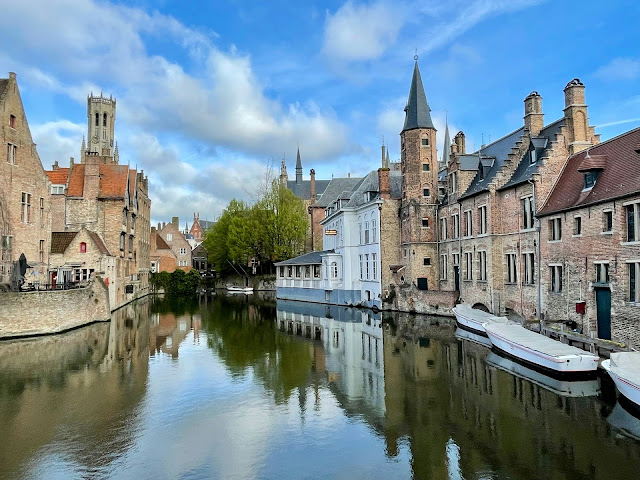Slow Travel: Why Taking it Easy is the New Trend
Slow travel is a new trend in tourism that emphasizes taking a more relaxed and immersive approach to travel. It's about taking the time to truly experience a destination, getting to know its culture, people, and way of life, rather than rushing from one tourist attraction to the next.
 |
| Zagreb, Croatia |
In this article, we'll explore the benefits of slow travel, and why it's becoming a popular alternative to traditional travel. We'll look at how slow travel can help travelers connect with their destination on a deeper level, and how it can contribute to sustainable and responsible tourism practices.
We'll also provide tips on how to incorporate slow travel into your travel plans, such as staying in locally owned accommodations, eating at local restaurants, and participating in cultural activities.
Slow travel is about taking a step back from the fast-paced, high-pressure world we live in, and allowing ourselves to truly savor the experiences that travel can offer.
By embracing slow travel, we can create more meaningful and memorable travel experiences, while also supporting local communities and promoting sustainable tourism practices.
Why slow tourism is becoming more popular?
Slow tourism is becoming more popular for several reasons. Here are a few of them:Desire for a more meaningful travel experience: Many travelers are looking for more meaningful experiences when they travel. Slow tourism provides an opportunity to connect with a destination on a deeper level, by immersing oneself in the local culture, cuisine, and way of life.
Sustainability concerns: With the rise of overtourism and its impact on the environment and local communities, slow tourism offers a more sustainable approach to travel. By staying longer in a destination, travelers can reduce their carbon footprint, support local businesses and communities, and have a more positive impact on the environment.
Work-life balance: Slow tourism allows travelers to take a break from their fast-paced, stressful lives and to recharge their batteries. By taking a more leisurely approach to travel, they can also reduce stress and improve their mental health.
Authenticity: Slow tourism provides an opportunity to experience a destination in a more authentic way, away from the tourist crowds and the commercialized attractions. By spending time with locals, eating local food, and participating in local activities, travelers can gain a better understanding and appreciation of the local culture and way of life.
Slow tourism is becoming more popular because it offers a more sustainable, meaningful, and authentic approach to travel, which resonates with many travelers' values and priorities.



Comments
Post a Comment
It's easy to leave a comment on our blog – anyone with a Google account can do it. We invite you to share your experiences by leaving a comment as well.